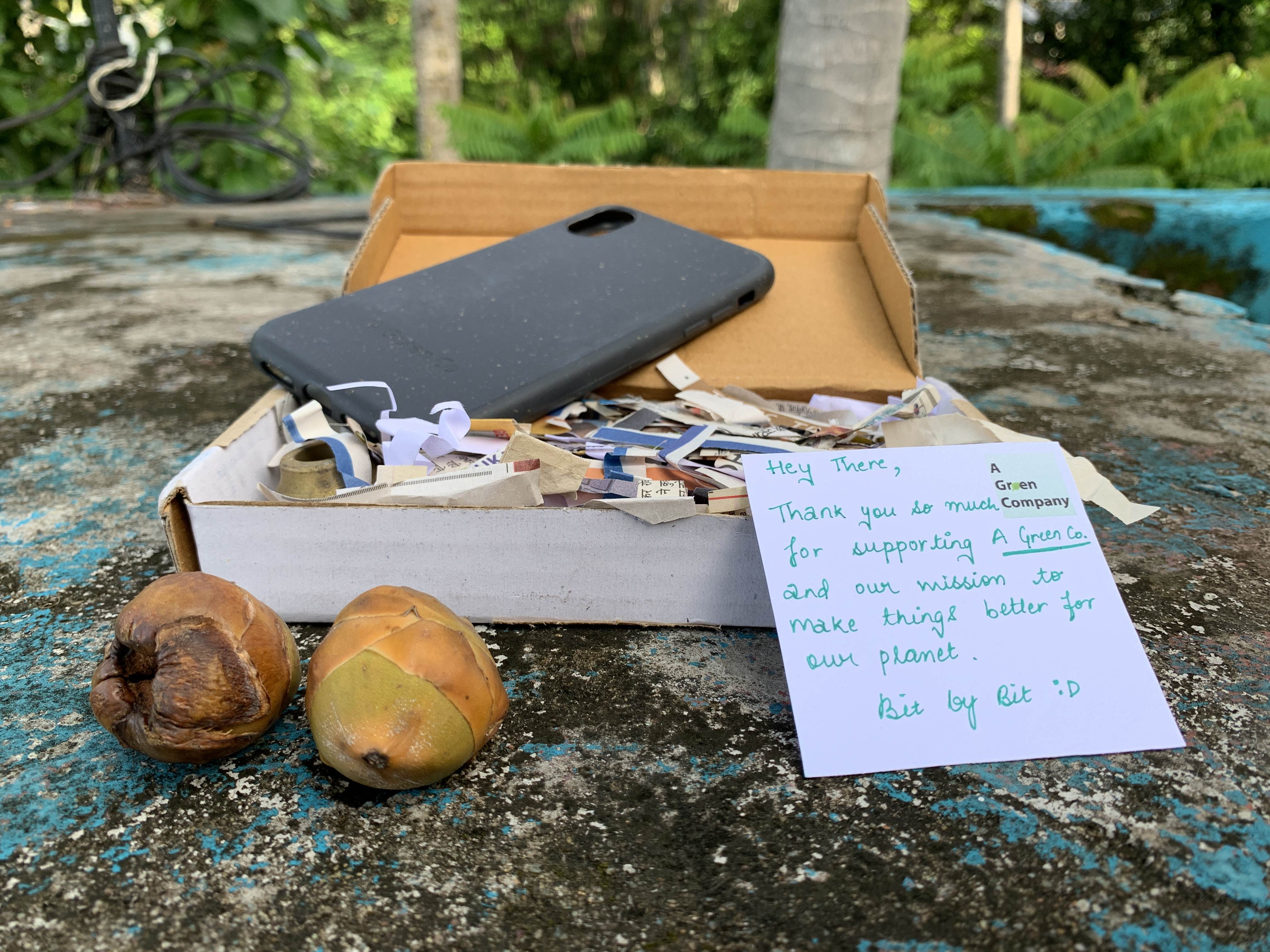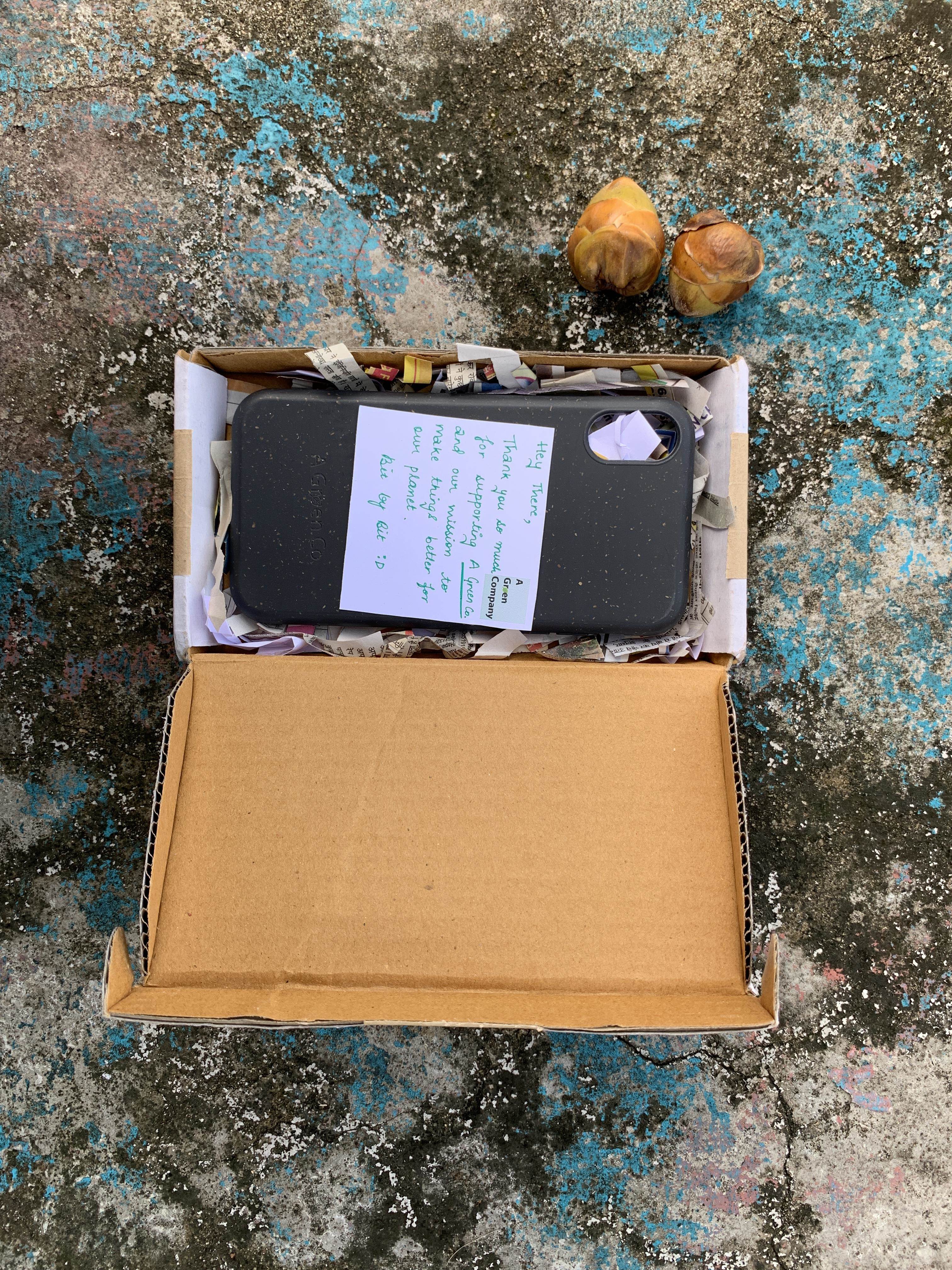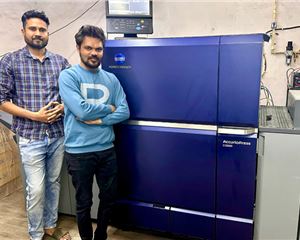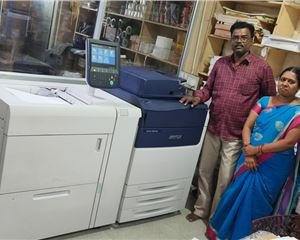New Delhi-based startup aims to reduce plastic one step at a time
The company, A Green Co, has recently rebranded from Green Case to incorporate various other sustainable products to its portfolio
22 Aug 2020 | By Aultrin Vijay
New Delhi-based startup A Green Co, which recently renamed its company from Green Case, is all set to do its part in reducing plastic waste. Last year, the company introduced a smartphone case made of compostable materials such as wheat straw and bio-based polymers derived from renewable plant sources.
In conversation with PrintWeek, Govil Khattar, co-founder at A Green Co, said that the company aims to reduce the waste in landfills, oceans and the environment. "We are on a mission to make things better for our planet. We believe that, as consumers, we can bring about a difference with our everyday choices, just as large as corporate and government policy decisions. And, thus our motto –natural products for everyday use."
The company, which recently rebranded from GreenCase to A Green Co "for a symbolic as well as a practical reason", is run by a team of five full-time and three part-time employees.
"We wanted our name to symbolise the differentiating factor in the way we do business – with a touch of Green," said Khattar. "We are trying to tweak all the aspects of our business to be as efficient and waste-less as possible. We recycle and reuse any and all the paper we use in our offices into the product packaging."
Apart from this, the practical reason for the rebranding was to incorporate more products to the brand's portfolio.
Khattar, who is a banker, was on a vacation to Goa in 2017, when he saw firsthand the damage that plastic waste was doing to the oceans, lands, and to human bodies. "This was a watershed moment that pushed me towards a different path. I saw the landfills, beaches laden with waste, and the toll that tourism has had on the local ecology. While switching up my personal lifestyle choices, I was always led astray when I was out with friends, giving in to the ease of takeaway coffee mugs and disposable cutlery. I felt like I needed a reminder at these times, to stick to my choice."
A Green Co uses environment-friendly materials for phone case packaging
The idea of sustainable phone cases was born out of this thought. "I feel that since a phone case is always in our hand, it can be a constant reminder for us to make more conscious choices," he added.
Sustainable materials for products
Speaking about the new range of phone cases, Khattar said that the company has been working on developing and improving the materials for over two years now. Based on customer inputs, A Green Co had made the case material softer, more flexible, and the design of the cases itself has been modified to absorb shocks better.
However, the interesting part is that the materials of the case are degradable and compostable within six months and the by-product is just CO2 and water, unlike plastic cases that end up as waste in landfills and oceans.
"The material is certified to compost completely in less than six months in an industrial composting environment, and it can take up to three years in a home/backyard compost to decompose completely," said Khattar.
Sustainable packaging, too
In terms of packaging, more and more research is being conducted on finding better and more climate-positive alternatives to traditional plastic polymers.
"We are associated with a principal firm that is at the forefront of this revolution, and working with them, based on the consumer feedback, we spent six months in developing the new polymer and tested out 12 iterations before finalising in terms of feel and quality," said Khattar.
"Our approach to packaging, on the other hand, has been extremely simple and minimalistic. Every product that ships out goes out in the minimum amount of packaging required to get the items to their destination safely and securely," he added.
Khattar also pointed out the excessive use of plastic tape, bubble wraps and huge boxes used in eCommerce shipping, which he said was extremely wasteful.
The firm has carefully selected its packaging materials to be completely recycled/upcycled, waste-less, and compostable. The outer boxes are made from recycled and recyclable cardboard; padding is done by old newspaper shredding; and it is all sealed by a unique Kraft paper tape, which uses a water-activated adhesive. "Contrary to the popular marketing mantra of premium and shiny packaging, our customers have come to love our unique approach to eCommerce packaging," Khattar claimed.
How governments can promote sustainable products
For instance, the UK government gives tax benefits for companies that use at least 30% of recycled content. According to Khattar, government policy is a decisive factor in this move towards sustainability. Large private corporations do not seem to be proactively finding solutions to bringing in sustainable packaging, greener practices, and eco-friendly products into their product portfolio, yet. Government policy can provide the push required to awaken these corporations to the need of the hour.
"Tax benefits are definitely one way to incentivise corporations. But, I believe it should be cushioned with punitive measures such as pollution taxes, too. Apart from these, the most important aspect is on-ground implementation and strict checks to ensure that the directives are actually being followed," Khattar explained.
Procurement of packaging materials
Khattar claimed that A Green Co's packaging materials are all sourced locally, and from "ethical and sustainable vendors, who share our mindset of reducing wastages at all stages of production".
"Our cardboard box vendor uses one of the highest recycled cardboard ratios in the manufacturing of boxes. For the notes inside the box, we try to source as much handmade paper as possible, so as to be able to provide work to these small enterprises and reduce the carbon impact of machined paper production," Khattar explained.
"We are constantly experimenting to further minimise our packaging with smaller boxes (or maybe even moving to paper envelopes), and lower the need of padding, to further reduce the carbon footprint from shipping," he added.
Opting for a paper-based packaging
"The plan was to remove waste (especially plastic waste) from the product cycle completely, and packaging and delivery were a big part of it," said Khattar. "So, our packaging is not just paper-based, we are utilising upcycled and recycled materials for the packaging to go a step further and completely removing wastages."
Divulging his view on paper packaging, Khattar said: "The first thing that we as consumers need to understand is that most of the packaging is thrown out the moment we unwrap a product. It may differ from product to product, but the most important purpose of plastics in packaging is to give the feeling of a fresh and shiny exterior to the customer. It does, of course, serve practical barrier purposes such shielding from dust, or keeping the contents fresh and unexposed to the environment. But in most products, the packaging is overkill and goes well beyond practical requirements.
"Paper-based packaging, on the other hand, serves the utilitarian purpose of keeping the product safe in transit but does not look as glamorous as plastics. Now, in an offline environment, paper-based packaging may not be attractive, but it serves its purpose very well in online packaging. So, that is where it should be adopted first and foremost."
He also believes that there is a push from the consumers' side with increased awareness and consciousness regarding the state of our environment. He also claimed that government intervention at both central and state levels has been a major factor, with policies such as banning single-use plastic in certain categories and thus mandating the eCommerce majors to move out of their comfort zone.
"That being said, we are yet to see proactive initiatives from big corporations. I would like to see big corporations stepping out of their comfort zones and moving to sustainable packaging and greener practices, because that would pave the way for mass-scale production and adoption of greener plastic alternatives," he added.
However, Khattar feels that as much as we demonise single-use plastics, it does provide the safest way to traverse the Covid-19 crisis. As a result, it becomes mandatory for the people to use single-use PPEs, masks and gloves.
"There just aren’t any other equally reliable and safe alternatives to it. We need to look at it as a necessity instead of a privilege. If we can provide people with reliable and sustainable alternatives to single-use plastics, I am sure that a lot of us would be eager to switch to them," he concluded.
Market share of mobile phone cases
According to estimates, nearly 750 million phone cases are brought to the market in India every year, with over 85% of these being imported. Out of these, nearly a third are disposed of because of being unsold or obsolete.
"We can clearly say that in terms of volume, retail players dominate the eCommerce space for phone cases by almost a 3:1 ratio, but at the same time, in terms of price/case metric, eCommerce trumps retail in India," said Khattar.















 See All
See All